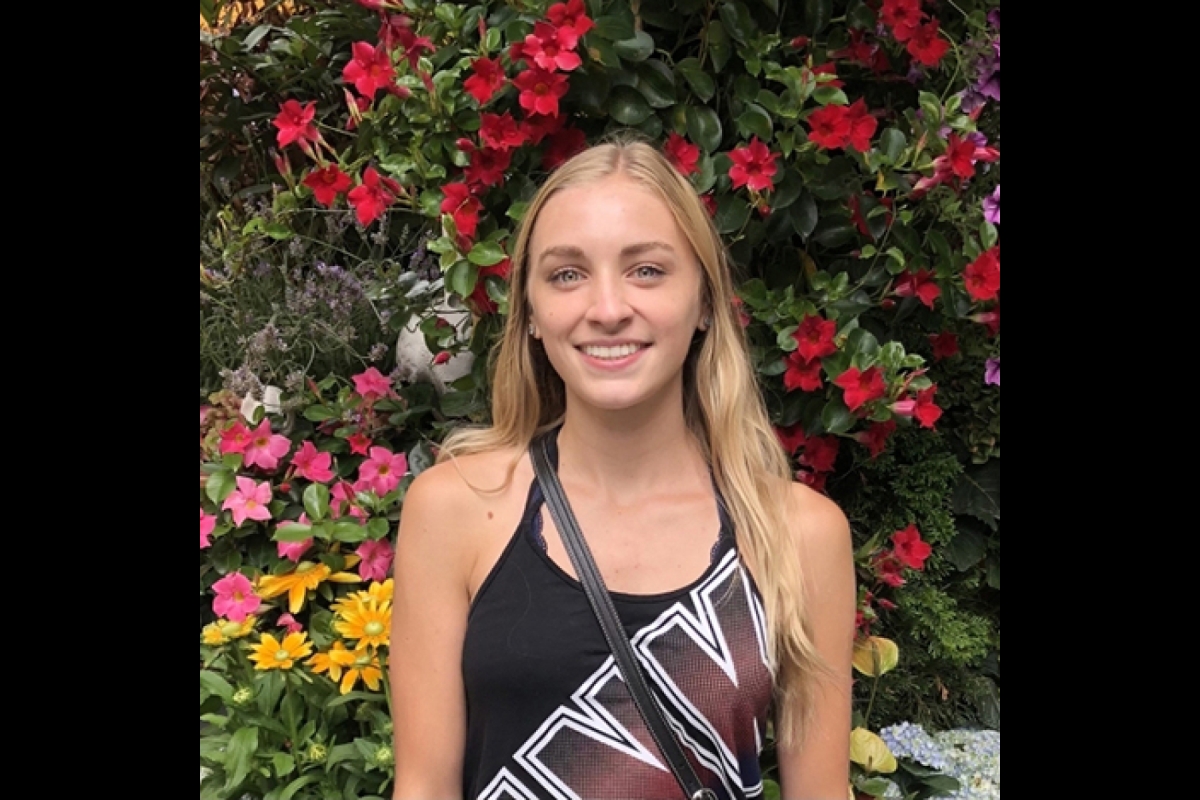New study targets molecular culprit of liver disease

Petra Fromme directs the Biodesign Center for Applied Structural Discovery.
Some 80 million to 100 million people in the U.S. have a serious medical condition known as nonalcoholic fatty liver disease (NAFLD). The affliction is caused by abnormal retention of fat within cells or organs. People of all ages are vulnerable to this disease, though individuals suffering from obesity or Type 2 diabetes are at heightened risk.
In a new study, researchers at Arizona State University's Biodesign Center for Applied Structural Discovery and their colleagues use nuclear magnetic resonance technology to probe a protein known as G0S2. By understanding the molecular structure in minute detail, researchers hope to develop drugs capable of targeting this protein and alleviating symptoms of NAFLD, or perhaps preventing the disease altogether.
The research team, under the directorship of co-author Petra Fromme, is joined by colleagues from the Biodesign Center for Innovations in Medicine, ASU’s School of Molecular Sciences and researchers at Mayo Clinic in Scottsdale.
According to lead author Michael Moran, "G0S2 is a recently discovered protein involved in nonalcoholic fatty liver disease, and I am so excited to share with the world information that can aid in the discovery not only of a structure of this protein, but also potential treatment for those affected by this illness."
Further structural studies of G0S2 offer hope for better addressing nonalcoholic fatty liver disease, the most prevalent form of chronic liver disease, for which no FDA-approved treatments currently exist.
The research appears in the current issue of the journal PLOS ONE.
More Science and technology

Science meets play: ASU researcher makes developmental science hands-on for families
On a Friday morning at the Edna Vihel Arts Center in Tempe, toddlers dip paint brushes into bright colors, decorating paper…

ASU water polo player defends the goal — and our data
Marie Rudasics is the last line of defense.Six players advance across the pool with a single objective in mind: making sure that…

Diagnosing data corruption
You are in your doctor’s office for your annual physical and you notice the change. This year, your doctor no longer has your…



